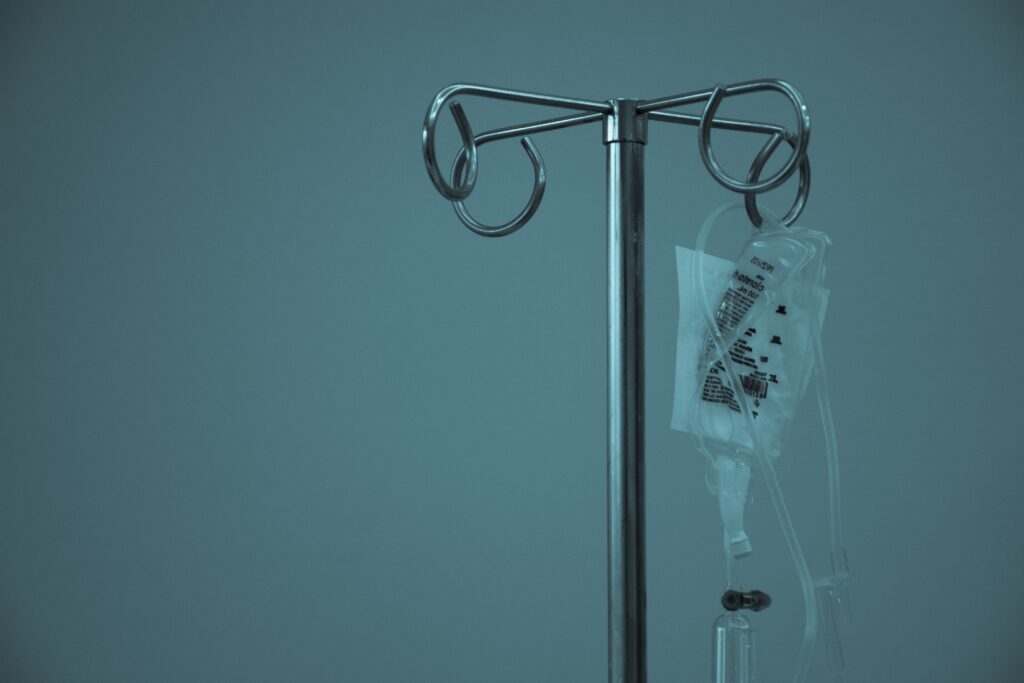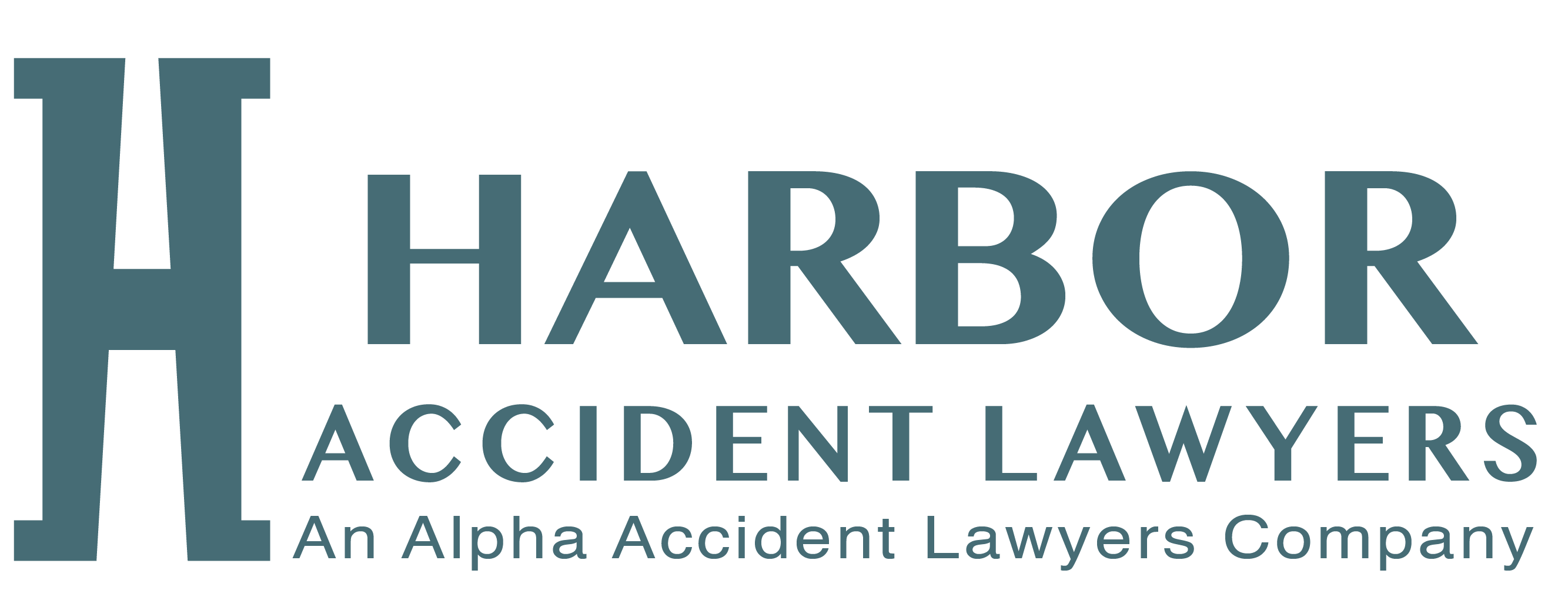
Each year, 4.4 million people in the US are injured to the point that they need medical attention. This leads to over $380 million in direct medical costs. If you’ve been injured in an auto accident, you may be wondering about the difference between personal injury vs. bodily injury. Although related, these two terms are often confused. We’re here to clear this up so you can take the steps you need for your case. Let’s get started.
What Is Bodily Injury?
If someone suffers any physical harm due to an accident, that qualifies as bodily injury. This can range from cuts or bruises to whiplash or traumatic brain injury.
In California, drivers must carry minimum insurance coverage for bodily injury liability. The current minimums are $15,000 per person and $30,000 per accident. This insurance coverage would go into effect if you cause the accident.
It is important to note that bodily injury insurance pays for injuries to other people. It does not cover the policyholder. Bodily injury liability may also cover your legal defense.
If you are the one injured in an accident, you may want to file a bodily injury claim. This can help you cover the medical bills that you’ll face due to your injuries. If this happens, working with a lawyer can help you determine a reasonable value for your claim.
What Is a Personal Injury Case?
You may hear personal injury discussed in the context of an auto accident and the related insurance. However, personal injury lawsuits are also common. Since the terms are similar, it’s important to know how they are different from each other.
A personal injury case is even broader than bodily injury. It can include bodily injury. However, it can also include mental or emotional harm from a situation. For instance, personal injury can include anxiety, depression, post-traumatic stress disorder, and other psychological harm.
In addition, a personal injury case can be triggered even outside auto accidents. That is because it is a type of civil action that involves situations of negligence. If someone doesn’t use the amount of care a reasonably prudent person should, it may fall under the category of negligence.
What Is Personal Injury Insurance?
Many drivers carry personal injury protection (PIP), which may also be known as no-fault insurance. This coverage goes into effect no matter who is at fault. PIP can cover medical bills, lost wages, and even funeral costs. In some cases, PIP coverage can help cover your health insurance deductible and even hire temporary workers if you are self-employed.
It can sometimes cover essential services that you can’t perform due to your injuries. This can include childcare and housecleaning. Also, it is important to note that this coverage applies to you and your passengers. Even if you are not driving, PIP coverage may help.
Personal injury coverage does not cover property damage or injuries to other drivers. In addition, injuries sustained while committing a crime are not covered. If you are in an accident while you are receiving payment for driving, PIP will not cover your injuries either. If this is your situation, you should consider hiring a rideshare accident lawyer to assist with your case.
Personal Injury Claims
You can ask for compensation for both bodily injury and personal injury in a personal injury claim. Remember, this can include physical and mental or emotional harm. In addition, these claims can also account for pain and suffering that can be quite significant.
The process to negotiate a settlement can be quite complicated. You want to determine a reasonable value that takes into effect the variety of injuries you may be facing. In order to do so correctly, you should work with a lawyer.
A lawyer can give you legal advice that can help you figure out whether you are entitled to compensation and for how much. They can also help you navigate the process, making your chances of success higher.
What to Do Next
In personal injury claims, it’s important to gather evidence and understand what you are looking at. As soon as the accident happens, make sure you get to safety and assess any immediate medical concerns.
If you are able, you should begin to gather evidence. For instance, take pictures and videos of the scene. As soon as possible, you should seek medical attention. Many injuries may not be immediately noticeable, but may still require care. Left untreated, they could even get worse.
While you are being treated, be sure to gather all of your documentation. This includes doctor’s notes, medical reports, and all medical bills. Then, schedule a consultation with an auto accident lawyer. They will be able to look over your situation and determine how to move forward.
Know the Differences: Personal Injury vs. Bodily Injury
The terms personal injury and bodily injury are similar but actually have very different meanings in the legal and insurance world. If you are involved in an accident or other situation, it’s important to fully understand the differences between personal injury vs. bodily injury. From there, you can work with a lawyer to take the correct next steps.
To see if you have a case, schedule a free consultation with the Harbor Accident Lawyers.
